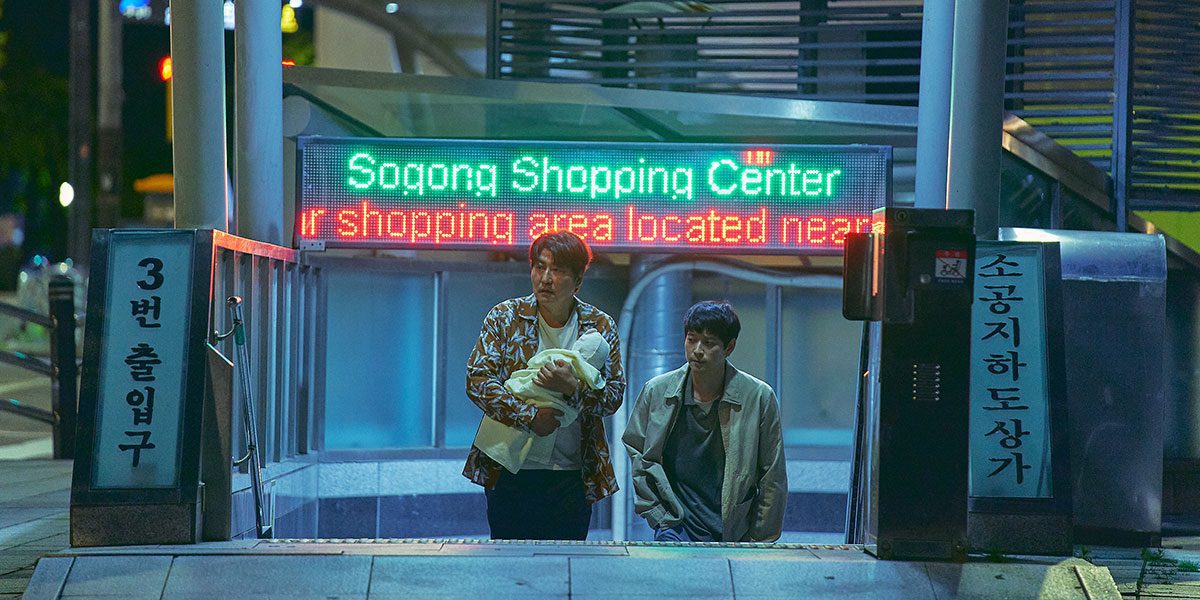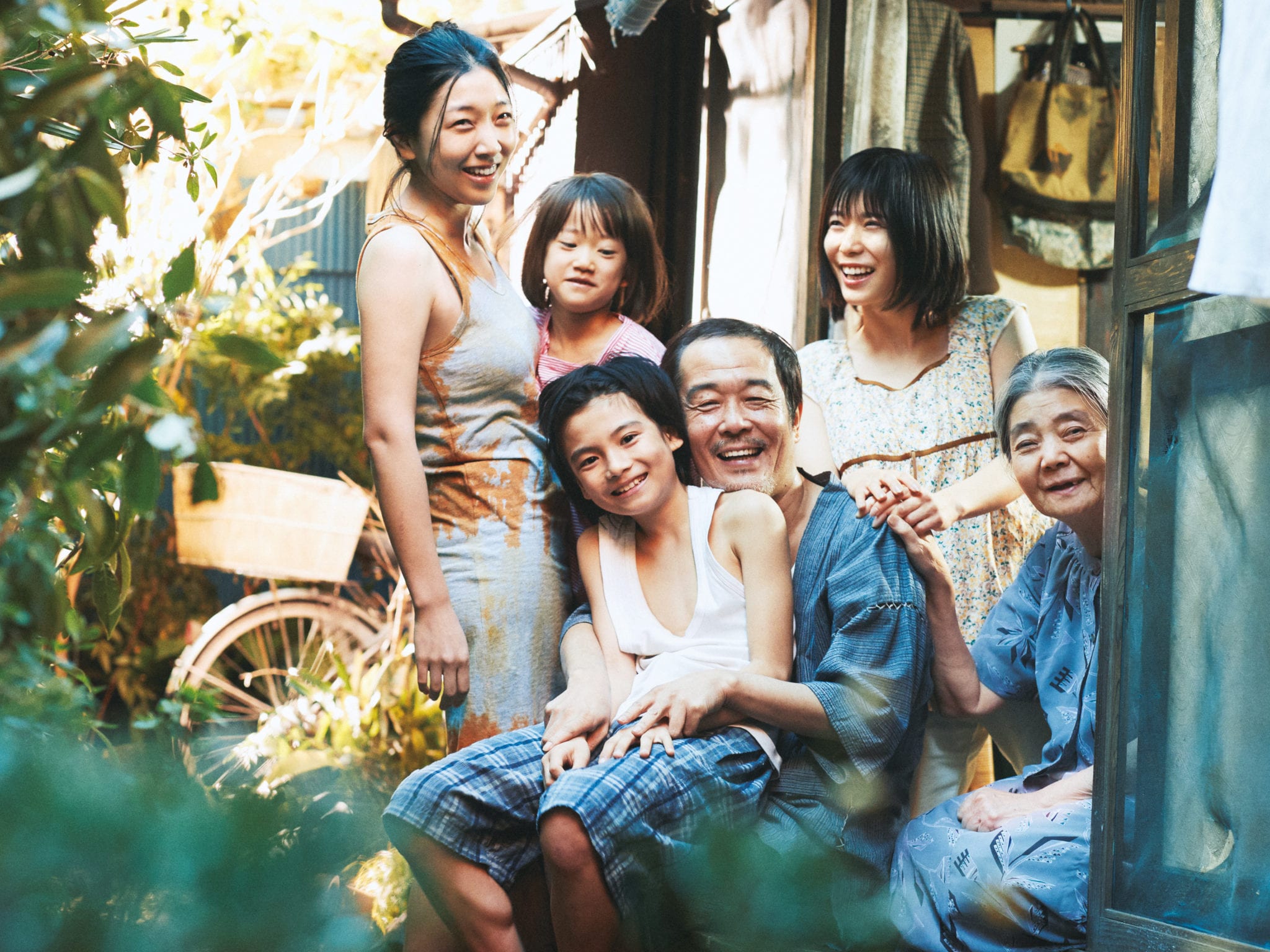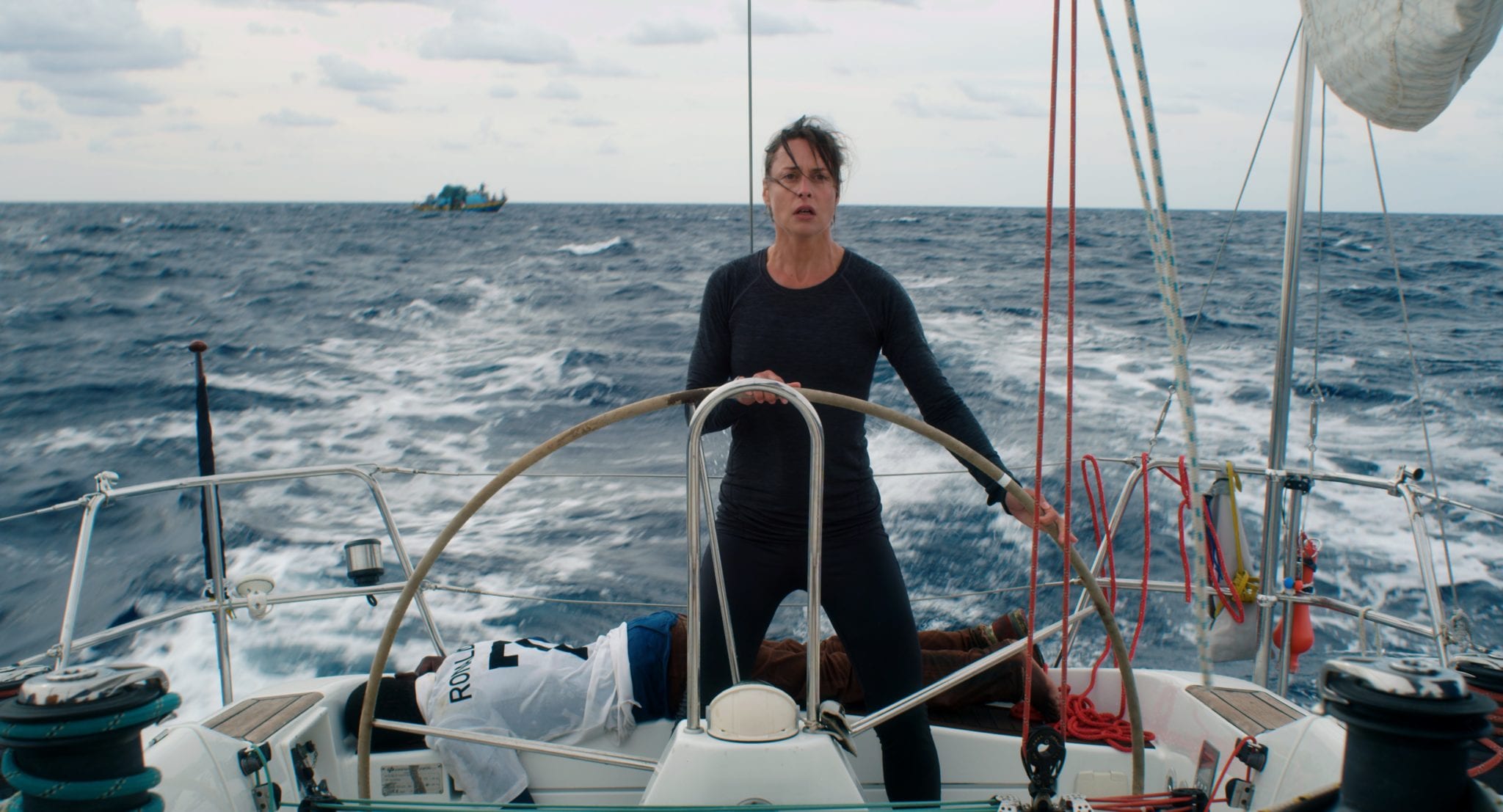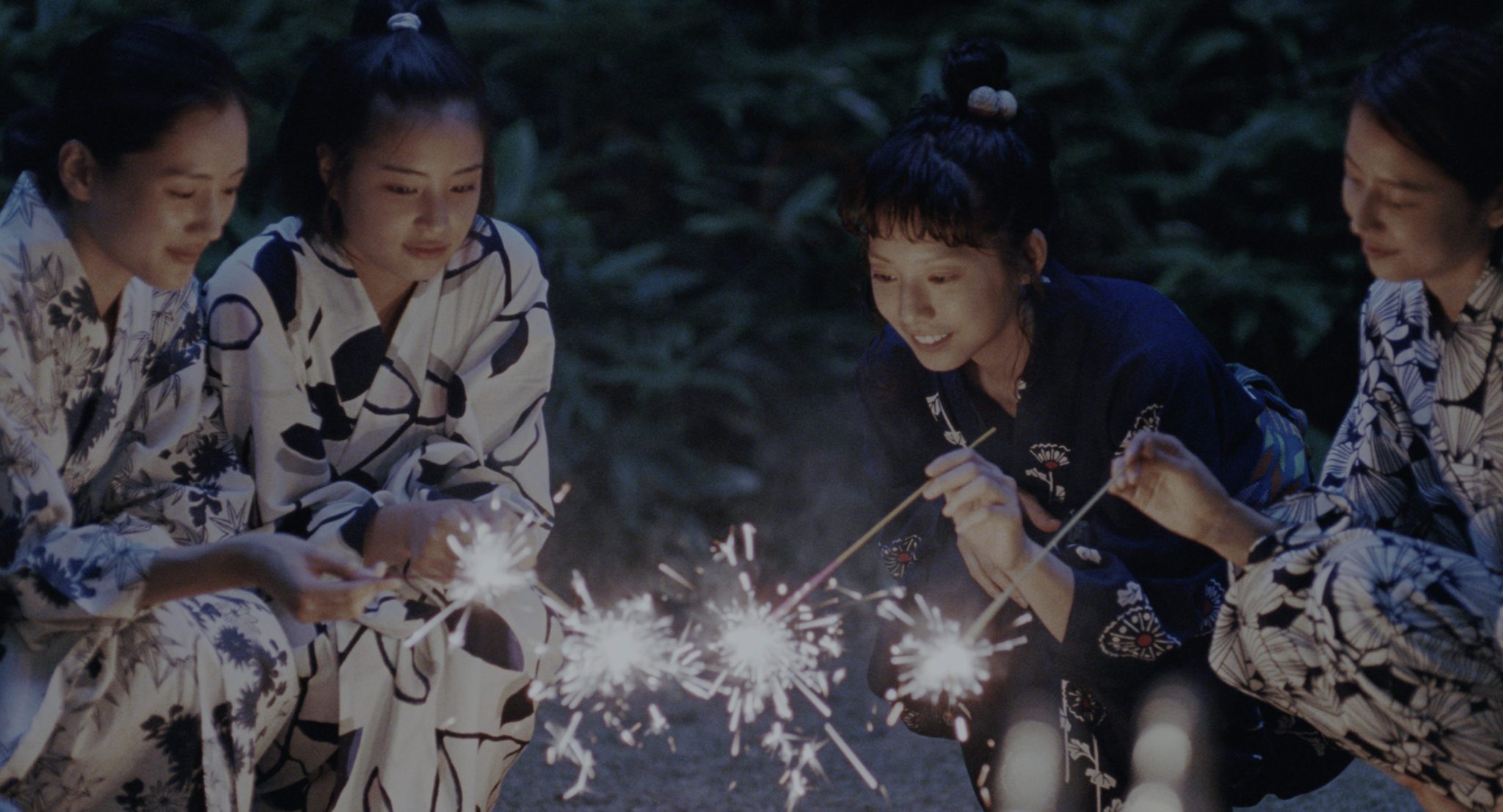
TIFF ’23: Monster
Directed by Hirokazu Kore-eda, Monster begins with the story of Minato (Soya Kurokawa), a young man who lives with his mother. Having lost his father as a young child, Minato begins behaving oddly, claiming that his brain has been switched with a pig. Confused and frightened for her son, Minato’s mother assumes that this is caused by…





